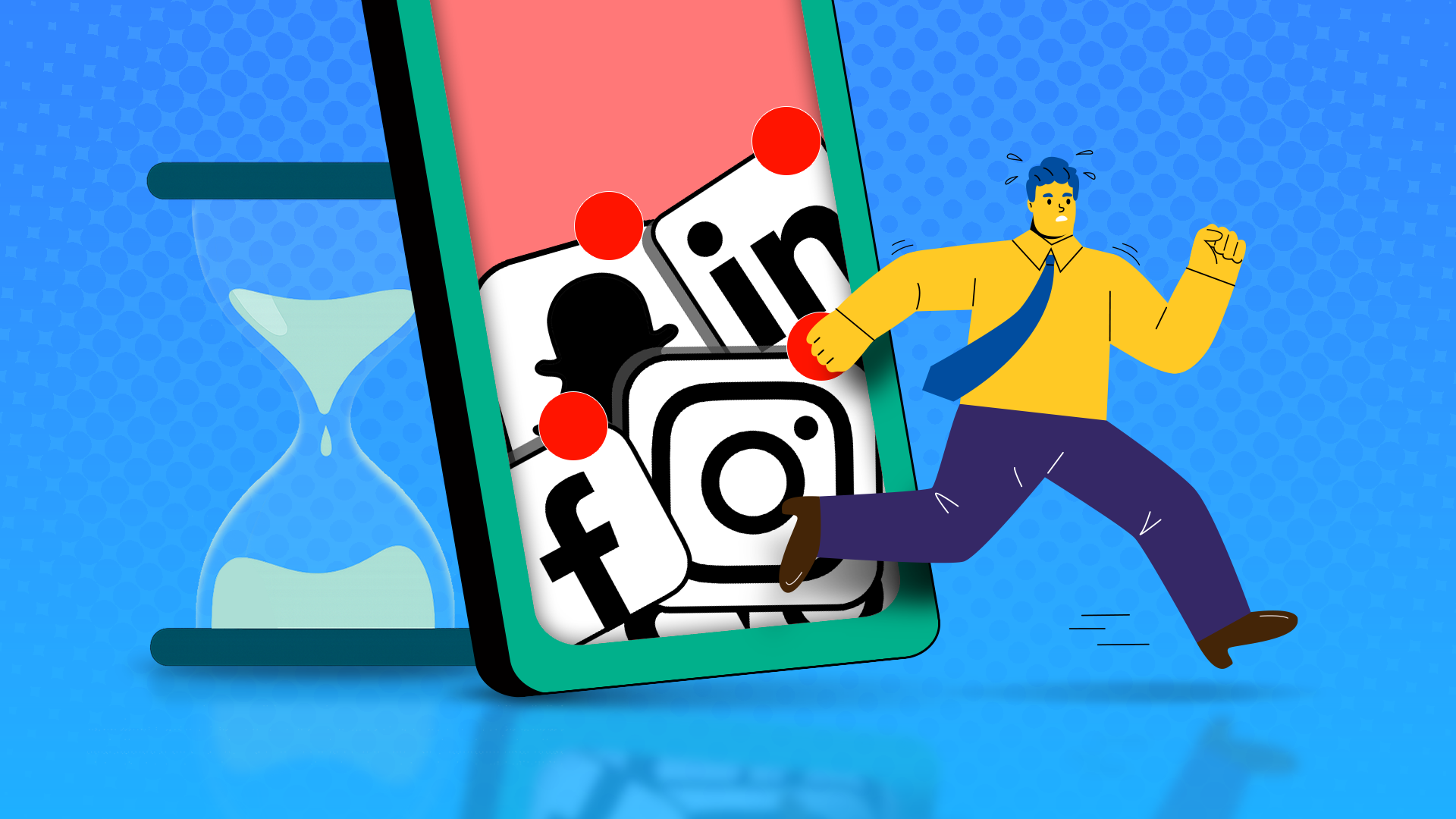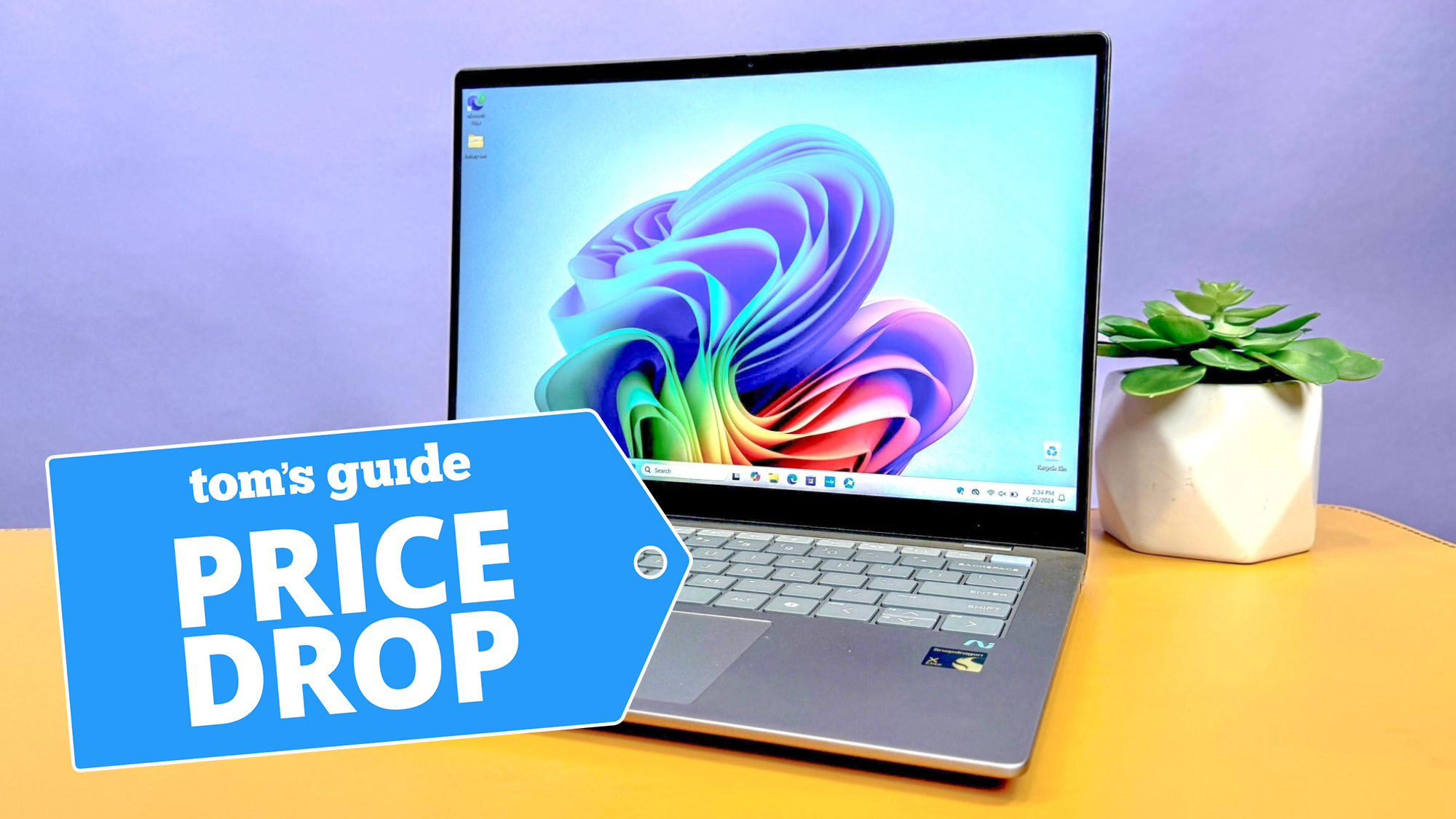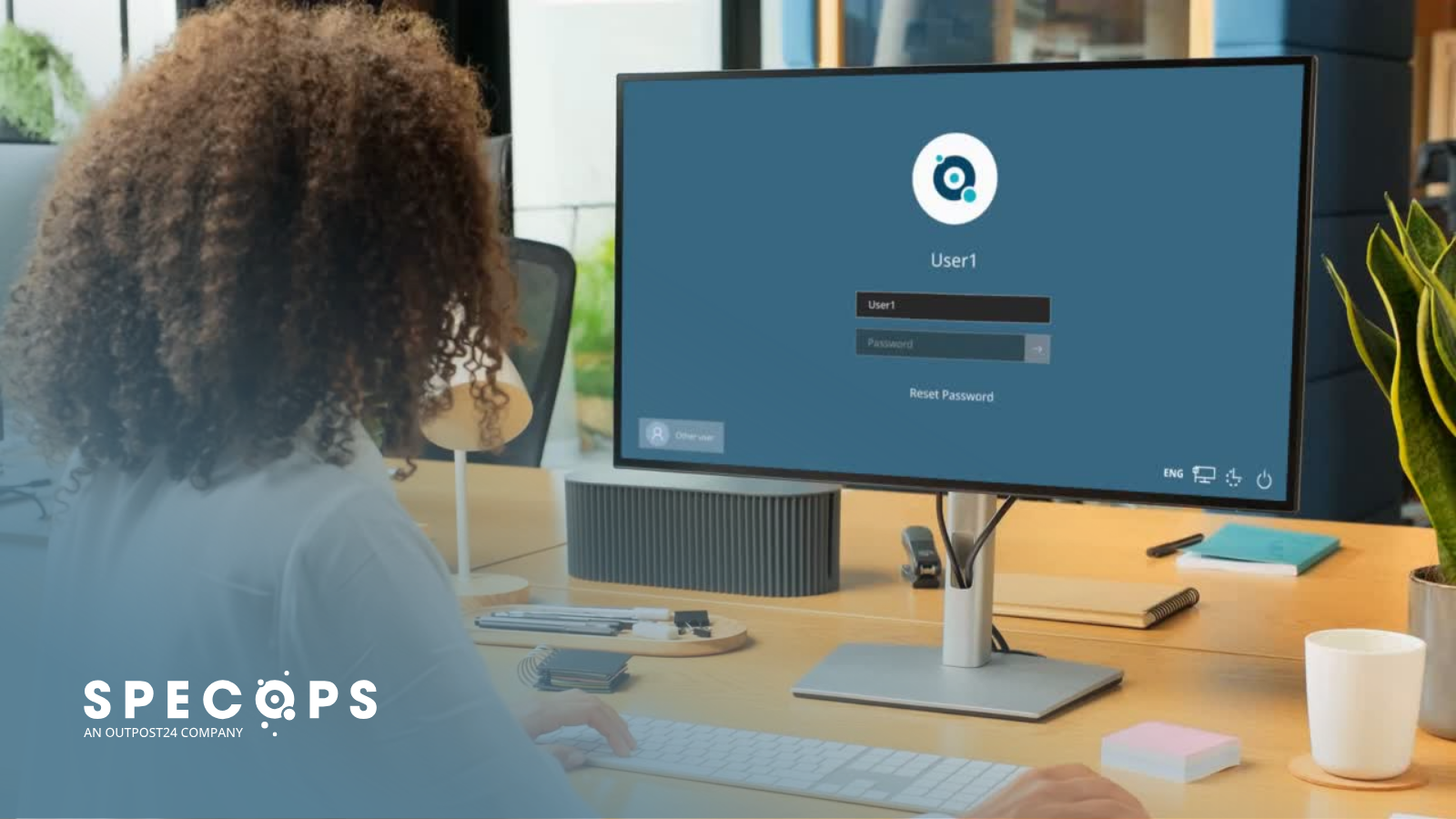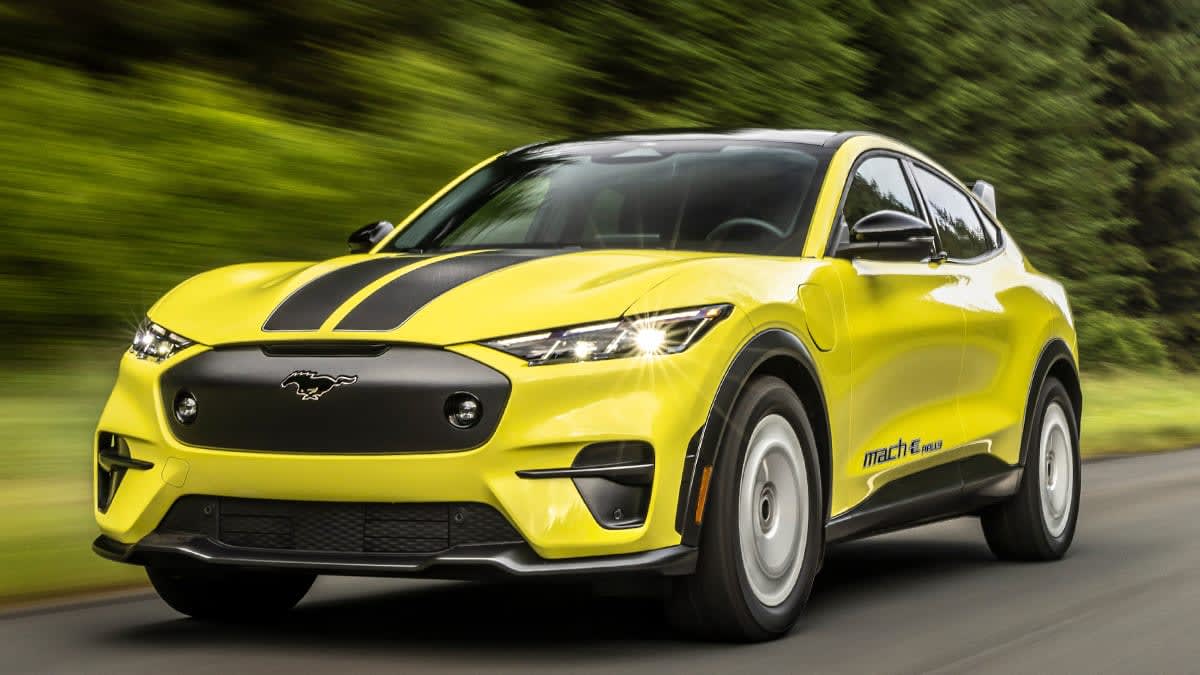Inside the courthouse reshaping the future of the internet

The future of the internet will be determined in one building in Washington, DC — and for six weeks, I watched it unfold.
For much of this spring, the E. Barrett Prettyman Courthouse in downtown Washington, DC, was buzzing with lawyers, reporters, and interested onlookers jostling between dimly lit courtrooms that hosted everyone from the richest men in Silicon Valley to fired federal workers and the DOGE-aligned officials who terminated them. The sprawling courthouse, with an airy atrium in the middle and long, dark halls that spring from it, is where cases involving government agencies often land, and that meant it was hosting two of the most consequential tech cases in the country, all while fielding a flurry of unprecedented lawsuits against President Donald Trump’s administration.
Between mid-April and late May, Judges James Boasberg and Amit Mehta respectively oversaw FTC v. Meta and US v. Google, a pair of long-running antitrust lawsuits that seek to split up two titans of Silicon Valley. Over the same period, several DC judges — including Boasberg — had a full docket of cases related to Trump’s first 100 days in office, covering the administration’s attempt to mass-deport immigrants, strip security clearance from law firms, and fire thousands of federal workers. On the first day of the Google trial, a sign with a comically contorted arrow directed visitors toward their chosen antitrust case. It was soon joined by directions to the high-profile hearing over Trump’s order against law firm Jenner & Block. While the FTC’s lawyers were calling witnesses against Meta in one courtroom, a nearby room was hosting arguments about whether Trump could fire two of the agency’s own commissioners.
My colleagues gathered around the feed waiting for a Google witness, only to see a prison-jumpsuited defendant step into the box
For reporters, the weeks were an exercise in constant case-juggling. During the overlap of Google and Meta, I’d arrive to long security lines that would sometimes jut into the small park that adjoins the courthouse, waiting to hunt down a media room that streamed video for reporters and avoid the electronics-free courtrooms. I’d occasionally show up to find out no such room existed, and in a small stampede of reporters, I’d rush up a few flights of spiral stairs to the courtroom, scribbling handwritten notes from the back rows. One day, my colleagues gathered around the feed waiting for a Google witness, only to see a prison-jumpsuited defendant step into the box — in the brief moment before reporters realized Mehta was taking a quick break for a criminal hearing, they wondered which high-profile tech executive it was.
The executives, for their part, were plentiful. On one day a witness box saw Meta CEO Mark Zuckerberg praising Instagram’s success; a week later, former colleague and Instagram co-founder Kevin Systrom sat there describing him as a jealous boss. Google CEO Sundar Pichai would soon testify a couple floors up, followed by executives at some of Google’s biggest rivals, including Microsoft and OpenAI. For all of them, the stakes were high. Judge Boasberg is tasked with determining whether Meta built an illegal monopoly by gobbling up Instagram and WhatsApp, while Judge Mehta will decide whether Google must spin off its Chrome browser or syndicate its search data.
For the judges, the gauntlet seemed nothing short of exhausting. Boasberg, chief judge of the US District Court in DC, had been assigned to the Meta case long before Trump took office, but after the inauguration, he became one of the busiest judges in America — overseeing a challenge of the administration’s use of the Alien Enemies Act to deport migrants, and a lawsuit over Trump’s cabinet’s use of encrypted messaging app Signal to communicate about attack plans. As I concluded a day of the Meta trial at 5PM, a fresh crop of reporters arrived to cover Boasberg’s consideration of the Alien Enemies Act, which Trump was using to deport Venezuelan migrants to El Salvador. Outside the courtroom, Boasberg fielded attacks from Trump — who labeled him a “Radical Left Lunatic” and a “troublemaker and agitator” and called for his impeachment.
At the Meta trial, Boasberg appeared even-keeled — sometimes to the point of boredom. He rarely mentioned the rest of his docket beyond subtle references to his overflowing schedule; his interventions were astute, signaling a deep understanding of the case. But he’d often sit with his head in his hand, only occasionally gently encouraging attorneys to move on from a particularly tedious line of questioning. He used a lunch break in the Meta trial to file one of the most scathing legal rulings of the early Trump administration, accusing the administration of “willful disregard” for his temporary restraining order on deportation flights to El Salvador, with “probable cause” to find it in criminal contempt.
By the Meta trial’s end in late May, Boasberg sounded relieved as the final day wrapped. “I will take a welcome respite from thinking about this between now and when the first brief is due,” he told the attorneys.
In 1998, the E. Barrett Prettyman courthouse played host to another tech giant fighting for its life: Microsoft. US v. Microsoft was a landmark monopoly case that determined the company had illegally wielded its dominance over Intel-compatible PC operating systems to tamp down threats to its monopoly, including up-and-coming web browsers like Netscape. But in the wake of that case and subsequent settlement, regulators took a hands-off approach to the next generation of tech companies. It would take two decades for the government to return to the battleground — until 2020, when the cases against Meta and Google were filed.
The search and social networking landscape has changed dramatically in the last five years, with the rise of TikTok and generative AI. But so too has the zeitgeist around tech. As Silicon Valley remains politically embattled, the goal of more aggressive antitrust enforcement has won bipartisan support.
At the same time, there’s a growing fear of foreign competition, particularly from TikTok, which appeared in the very same courthouse last year to argue against a (since-delayed) nationwide ban. The company found itself back there as a witness during Meta’s trial, where lawyers confronted a TikTok executive with statements made during its failed 2024 fight.
Those weeks of courthouse testimony helped illuminate countless decisions that made the tech world as we know it
Inside the courthouse, it was easy to forget about everything else going on in Washington — until it wasn’t. I was removed from the day-to-day antics of Elon Musk’s Department of Government Efficiency (DOGE) hacking away at the federal workforce, but the cases about its handiwork — including gutting the Consumer Financial Protection Bureau (CFPB) — kept winding through court. During a break on the fourth day of Meta’s trial and days before the start of Google’s, I got a New York Times push notification walking back from the bathroom, telling me Virginia Judge Leonie Brinkema had ruled against Google in the DOJ’s separate ad-tech antitrust case. I hustled back to the media room and found several of my colleagues from other outlets already in the hallway writing up their stories. Of course, we commiserated, a decision we expected months ago would drop right now.
Rulings in this spring’s Google and Meta trials will likely take months to arrive, and their fallout probably won’t be seen for years. But those weeks of courthouse testimony helped illuminate countless decisions that made the tech world as we know it. During the early 2010s, Facebook executives expressed fears that Google might buy WhatsApp and bundle it with Android, giving itself a stranglehold over mobile messaging. With the context of the Google trial, that fear looks prescient — the company cemented its search dominance by making Android phone makers preinstall its search engine in the same way.
It’s also possible to see the shape of giants yet to rise. Should Judge Mehta order Google to sell Chrome, several witnesses said they’d be more than happy to buy it, including Yahoo, Perplexity, and OpenAI. The Justice Department’s landmark antitrust trial against Microsoft is widely credited with opening up the tech industry for innovative players like Google, and a quarter-century later, there’s hope something similar could happen for new companies today. Yet it seems equally possible that in another decade or two, we’ll be back in this same courthouse, hearing the government argue they’ve nailed the doors shut once again.
Source link











